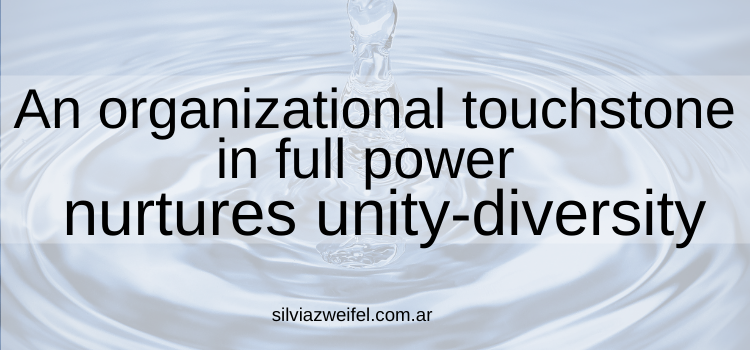
The International Federation for Systems Research (IFSR) considers of the utmost value to gather information about the systems endeavors to better know each other, build bridges and harness the growing potential. For this reason a Special Issue of the IFSR Newsletter was dedicated to the Systems Community in Latin America under the title:
«Getting to know each other»
In Latin America, a community, a network is growing with great potential; seeds are maturing and challenges are ahead. In this issue the reader will find a sample of nodes of this net: GESI – Integrated Systems Study Group Association; Group ECONOMÍA AMABLE; SDC System Dynamics Center/ITBA – Tecnological Institute of Buenos Aires; CEI Center of Interdisciplinary Studies/National University of Rosario; Vizer & Carvalho; IIGG – International Institute Galileo Galilei; SBSP – Brazilian Farming Systems Society; IAS – Andean Institute of Systems; The Latin American Chapter of the System Dynamics Society and ELAPDIS – The Latin American School of Systems Thinking and Design.
Much has been accomplished, although there is still room for improvement. Systems Approaches are gaining momentum since more Universities are including courses, seminars and programs, and the community is strengthening its inner liaisons. However there still is a low capacity to take advantage of systems concepts and methodologies to contribute with relevant impact.
We are moving forward. The IFSR new logo “Uniting the World of Systems Science” makes great sense in our highly interconnected world. Moreover, unity in diversity and diversity in unity are familiar ideas for all of us: key concepts in our world of fast growing complexities. In addition to putting the mission in its logo, the IFSR is running a quality project to assess where we are as the global community of scientists and practitioners that enlivens the IFSR and its member organizations. It will shed light on to where we are willing to go and how. Will we be able to recognize the richness of our planetary network? And develop the ability to engage in projects and activities to valuably contribute to the world we live in?
An organizational learning process is already taking place.
Surely, answers will come up.
Note: In 2021 all IFSR Newsletters published under the coordination of Dr. Gerhard Chroust were transfered to the International Society for the Systems Sciences (ISSS) archives, including this issue NL 32.
Here a related entry:
